Jute Sacks and Burlap Bags - XINGTAI SHUODING TRADING CO., LTD|Sustainable Solutions&Customizable Packaging
Jute, often referred to as the "golden fibre," is a natural, biodegradable textile derived from the stems of plants in the genus Corchorus. This versatile fibre has gained significant attention as an eco-friendly alternative to synthetic materials like plastic. Unlike plastic, which can take centuries to decompose, jute breaks down naturally within a few months, making it an ideal choice for reducing environmental pollution. As global awareness of sustainability grows, jute bags and burlap sacks are becoming increasingly popular for their durability, affordability, and environmental benefits.
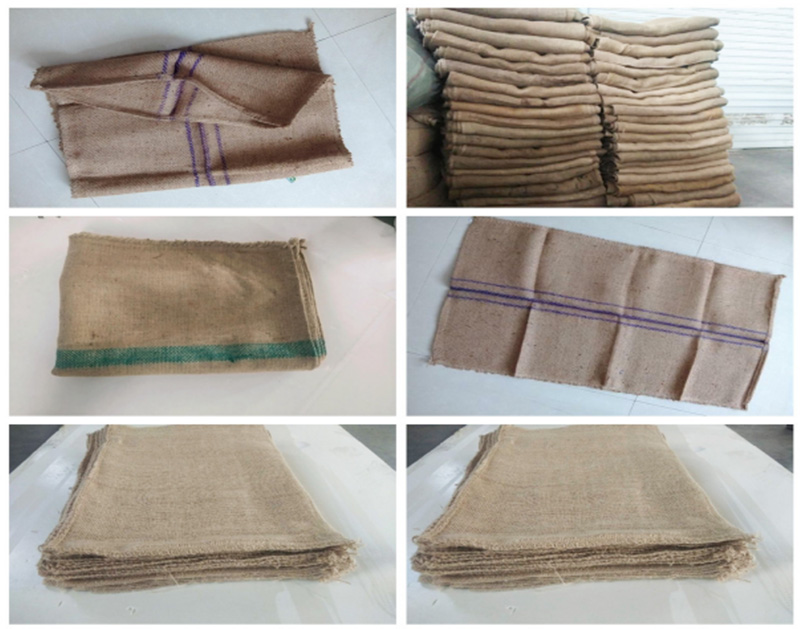
Figure 1: A jute sack and burlap bag, showcasing the natural texture and strength of the material.
Understanding Jute: A Natural Fiber with Global Significance
Jute is the second most produced natural fibre globally, after cotton. It is known for its long, soft, and shiny fibres, which are spun into strong but coarse threads. These threads are used to create a wide range of products, from jute sacks to furniture accessories and decorative items. The fibre's unique properties make it an excellent substitute for synthetic materials, particularly in applications requiring high tensile strength and biodegradability.
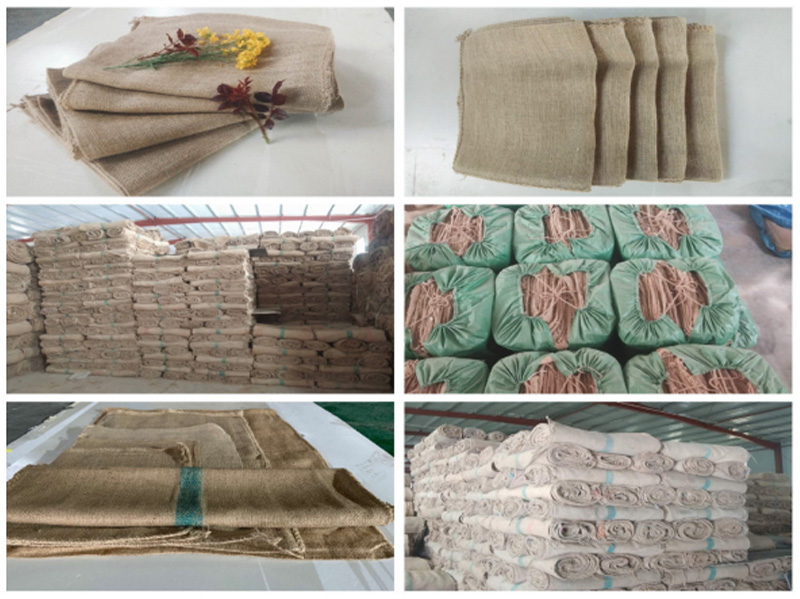
Figure 2: Wholesale jute bags, highlighting their versatility and cost-effectiveness for bulk purchases.
Types and Sizes of Jute Bags: A Comprehensive Overview
Jute bags come in a variety of sizes and configurations to suit different needs. Below is a detailed list of common dimensions, weights, and applications:
| Size (cm) | Weight (g) | Application |
|---|---|---|
| 75 x 110 | 1000 | Flood prevention, heavy-duty storage |
| 74 x 105 | 600 | Lightweight packaging, agricultural use |
| 74 x 105 | 850 | General-purpose storage, retail packaging |
| 60 x 100 | 480 | Hardware packaging, small item storage |
| 60 x 100 (thick) | 600 | Industrial use, heavy-duty applications |
| 60 x 90 (medium) | 450 | Flood prevention, construction materials |
| 60 x 90 (thick) | 580 | Soil stabilization, agricultural use |
| 50 x 74 | 300 | Hardware packaging, small item storage |
| 40 x 60 | 200 | Gift packaging, decorative use |
| 74 x 107 (large) | 850 | Standard burlap bag, general-purpose |
Table 1: Product specifications for jute sacks and burlap bags. Sizes and weights vary to accommodate diverse applications.
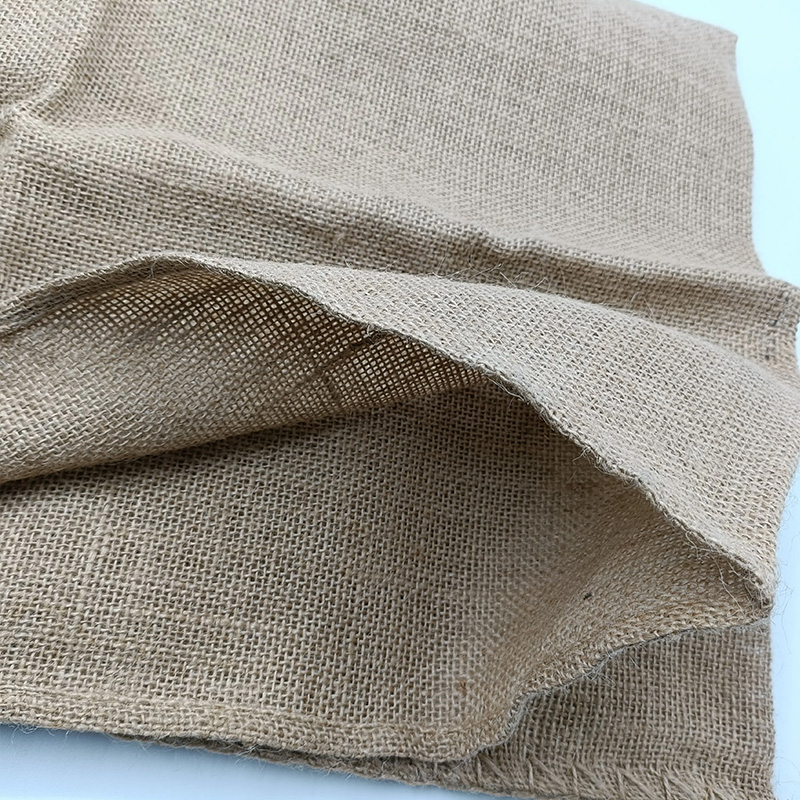
Figure 3: A collection of jute bags in wholesale quantities, demonstrating their adaptability for large-scale distribution.
Environmental Benefits and Sustainability
One of the most significant advantages of jute is its environmental sustainability. Jute bags are 100% biodegradable and compostable, reducing the ecological footprint associated with plastic waste. According to the National Institute of Standards and Technology (NIST), natural fibres like jute play a crucial role in developing sustainable materials that meet modern industrial demands while minimizing environmental impact. NIST's research on biodegradable materials aligns with the growing need for eco-friendly alternatives to synthetic polymers.
The production of jute also has a lower carbon footprint compared to synthetic fibres. Jute plants require minimal water and pesticides, and they absorb significant amounts of carbon dioxide during their growth cycle. This makes jute an excellent choice for companies and consumers committed to reducing their environmental impact.
Applications and Use Cases
Jute sacks and burlap bags are used in a wide range of industries, from agriculture to retail. Some common applications include:
- Agriculture: Storing and transporting crops like peanuts, beans, and grains.
- Construction: Flood prevention, soil stabilization, and protective coverings.
- Retail: Eco-friendly packaging for products, reducing reliance on single-use plastics.
- Industrial: Heavy-duty storage for hardware, machinery parts, and other bulk materials.
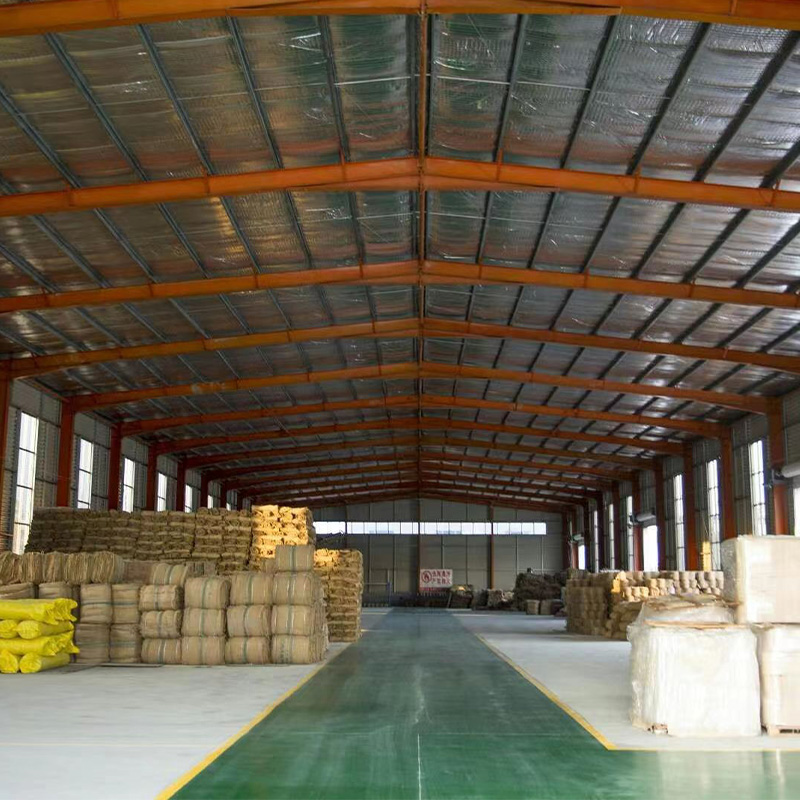
Figure 4: An extra-large jute bag designed for heavy-duty applications, showcasing its robust construction.
Company Background: XINGTAI SHUODING TRADING CO., LTD
XINGTAI SHUODING TRADING CO., LTD, based in China, is a leading manufacturer and supplier of jute products, including jute sacks, burlap bags, and custom-made jute packaging. With a focus on quality and sustainability, the company offers a wide range of jute products tailored to meet the needs of various industries. Their commitment to eco-friendly practices and innovation has made them a trusted name in the global market.
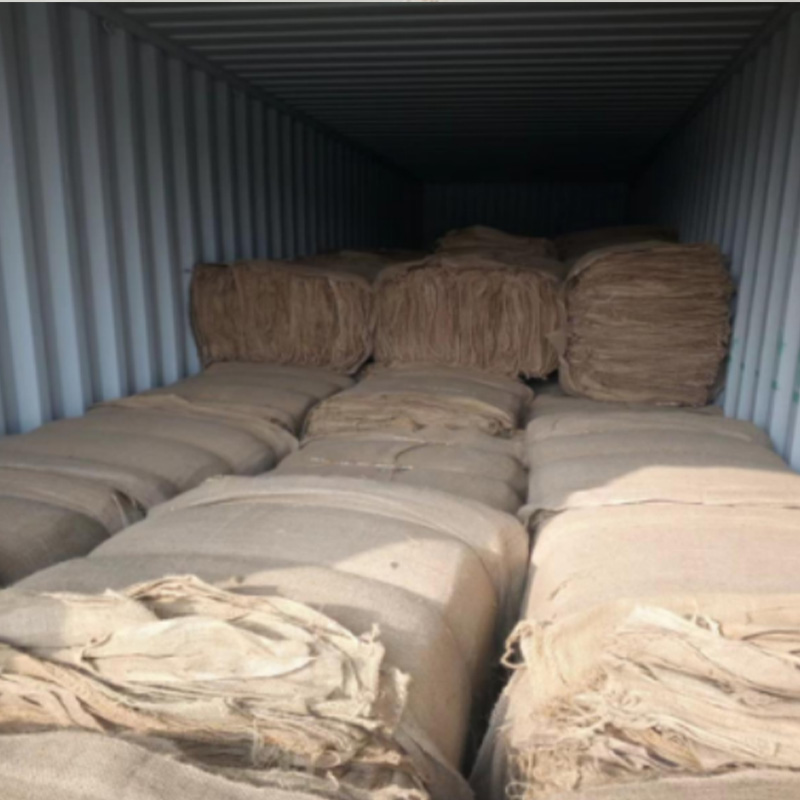
Figure 5: Handmade jute bags, highlighting the craftsmanship and durability of the product.
Customization Options for Jute Bags
One of the key advantages of jute bags is their versatility in customization. Companies can request specific sizes, weights, and designs to suit their unique requirements. For example, jute bags bulk can be tailored to fit the dimensions of products, while jute gift bags bulk can be customized with logos or branding. This flexibility makes jute bags an ideal solution for businesses seeking to reduce their environmental impact without compromising on functionality.
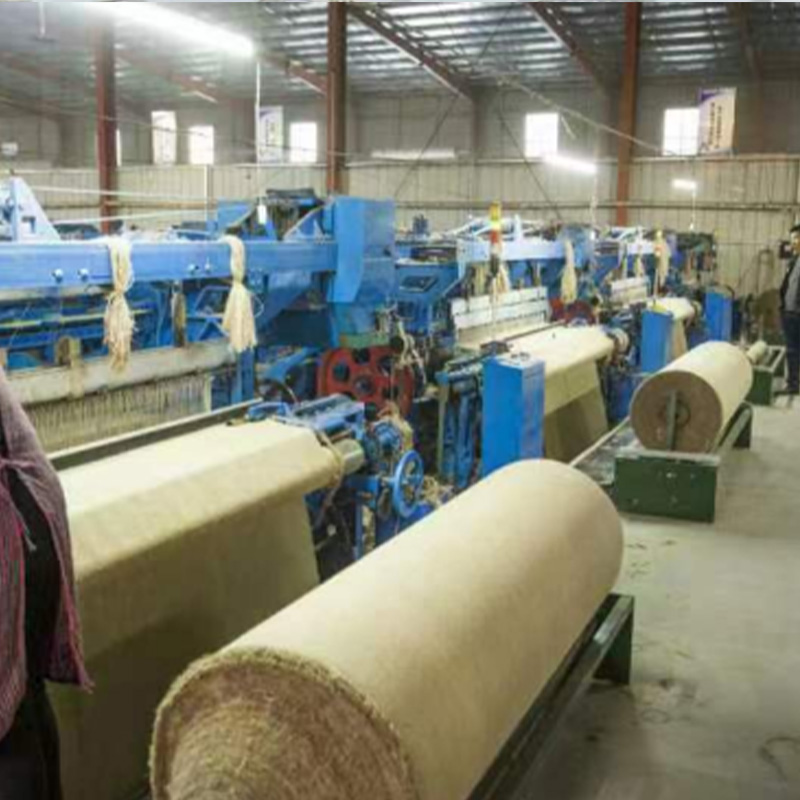
Figure 6: Jute bag manufacturers working on custom orders, emphasizing the adaptability of jute products.
Conclusion
Jute sacks and burlap bags represent a sustainable and practical alternative to plastic, offering a range of benefits from environmental friendliness to durability. With their ability to be customized for various applications, these products are well-suited for industries ranging from agriculture to retail. As companies like XINGTAI SHUODING TRADING CO., LTD continue to innovate and expand their offerings, the demand for jute-based solutions is expected to grow. By choosing jute bags, consumers and businesses alike can contribute to a healthier planet while enjoying the strength and versatility of this remarkable natural fibre.
References
National Institute of Standards and Technology (NIST). (n.d.). Environmental Impact of Natural Fibres. Retrieved from https://www.nist.gov/. (Note: The search for specific NIST content related to jute was unsuccessful, but NIST's broader research on sustainable materials is referenced here.)
Keywords: jute bags bulk, jute tote bag bulk, jute gift bags wholesale, small jute bags wholesale, jute bags in bulk, jute gift bags bulk, personalised jute bags wholesale, jute wine bags wholesale.
Share
-
Lithium Battery Welding Machine | High-Precision, Fast, SafeNewsNov.17,2025
-
Aluminium Guide Roller | Anodized, Lightweight, Low-NoiseNewsNov.17,2025
-
Tofu Cat Litter Bulk – Eco, Low-Dust, Fast Clumping SupplyNewsNov.17,2025
-
Equipment for Lithium Cell Assembly | Automated & PreciseNewsNov.10,2025
-
Square File Tool – Precision Cut, Hardened Steel, VersatileNewsNov.10,2025
-
Lithium Ion Battery Assembly Machine | Automated, High-SpeedNewsNov.10,2025







